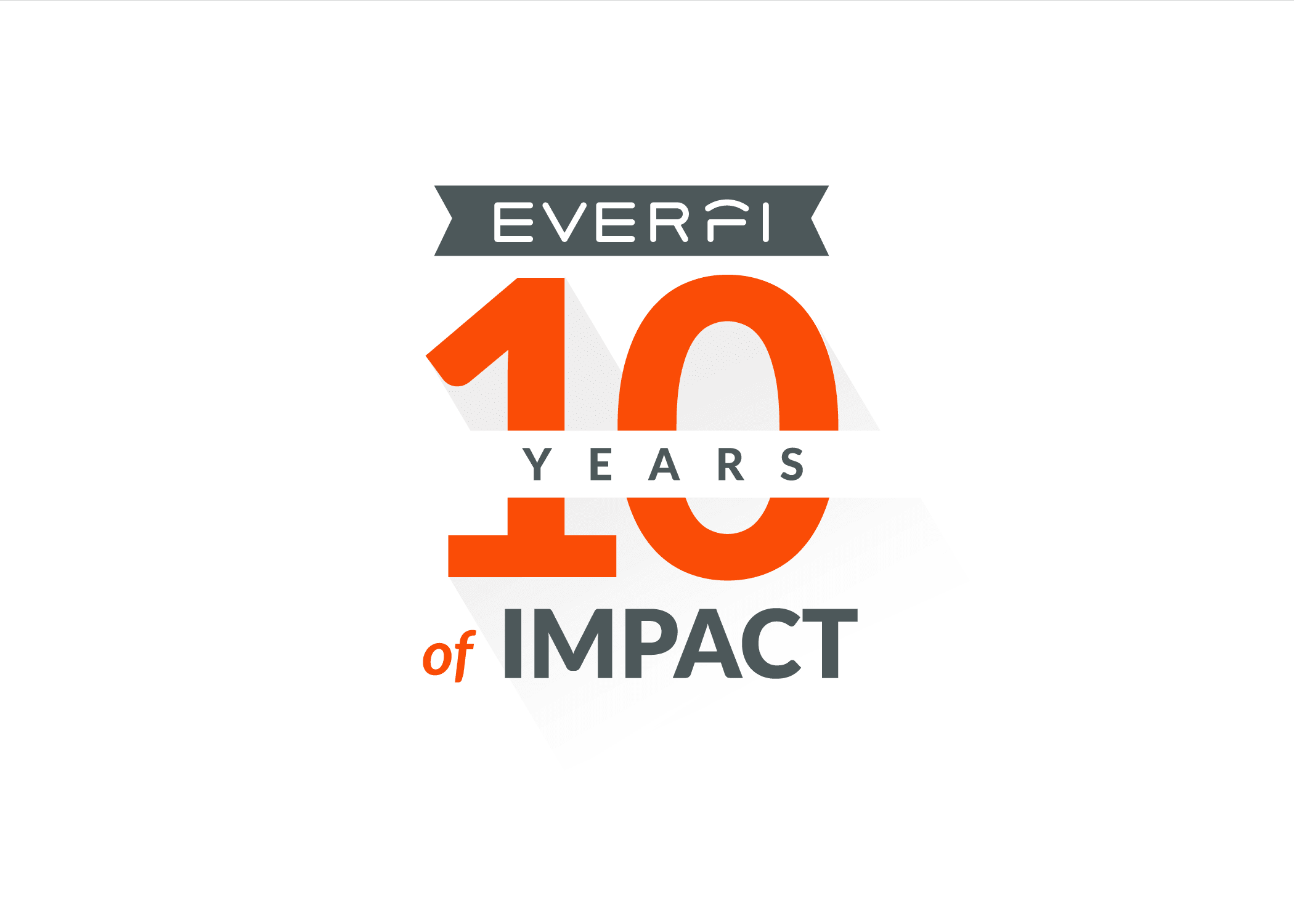Washington, DC – (April 4, 2018) Today, leading education technology company EVERFI Inc. released new data on college students, revealing their financial knowledge, stress levels, behaviors and perspectives. During the Fall 2017 semester, EVERFI researchers collected survey data from a nationally representative sample of incoming college students, totaling over 104,000 respondents from more than 410 institutions in 44 states. Overall, findings suggest a general dearth of financial knowledge, skills, and plans for the future among young adults in higher education.
“For the past ten years, in schools across the country, EVERFI has worked with teachers and students to help ensure young people are better prepared for their financial futures,” said Ray Martinez, EVERFI Co-founder and President of Financial Education. “Many students are already saddled with student loans, credit card debt, and feelings of stress regarding impending fiscal challenges. EVERFI’s study focuses on the attitudes, behaviors, knowledge, and stress levels of college students in the U.S. in hopes of helping to guide efforts to improve their financial futures.”
Survey questions covered a variety of topic areas relating to financial literacy, which included their experience with checking accounts, student loans, credit cards, budgeting, saving, and planning for the future. Participants were also asked to answer six basic financial knowledge questions, developed by Annamaria Lusardi, Director of the Global Financial Literacy Excellence Center (GFLEC) referencing topics such as credit history, net worth, interest rates, and student loans.
A summary of the findings:
As prior research from EVERFI and other organizations have found, respondents struggled with the basic financial literacy questions, answering only 2 out of 6 questions correctly on average.
State-level Competency
Survey respondents in higher education were also asked about the state from which they graduated high school and researchers found that the sample contained at least 50 responses from all 50 states, and the District of Columbia. Utilizing the National Council for Economic Education’s Survey of the States 2018 report, students graduating from states with high standards for personal finance education were compared with those with low or no standards with inconsistent results. However, when EVERFI took a deeper look at states with strict policies for education as well as strong implementation of financial literacy education, increased financial capability markers became evident.
Strong state-level policies that are enforced at the district level with courses required for graduation provided above-average financial capability for students graduating high schools in Virginia.
- 84 percent reported taking a personal finance course. Only 33 percent reported having a credit card and 93 percent of those with credit cards had a balance under $2,500.
Financial Capability and Student Loans
Analyses of the aggregate survey response data set paints a rather uninspiring picture of the financial capability of young adults in the U.S.
- More than 60 percent of the sample have or will take out loans for college and while most (69%) do plan to pay them off on time and in full, almost all do not currently feel prepared to overcome that challenge. Ninety-two percent of student respondents felt they needed more education, information, and/or support to be able to pay off their college loans.
Financial Capability and Personal Finance Management
When asked about which aspects of college life they felt prepared to tackle, they consistently reported being the least prepared to manage their own finances.
- Only 36 percent of the aggregate sample reported currently having any credit cards, but, astonishingly, 80 percent of those students acquired their first card when they were 18 or younger.
- Only about a third of all respondents reported creating or using a budget in the past year, though 45 percent agreed that they worried about their debts and 15 percent reported living “paycheck to paycheck”.
Financial Capability and Associated Stress
Students also reported high levels of stress when thinking about managing the financial challenges in their lives and those with students loans reported the highest levels of stress. The most reportedly stressful obstacles for respondents were financing their education and how they would find a job after graduation. While there weren’t direct effects of personal finance management experience on reported stress levels, researchers did find a very strong, linear, negative relationship between reported stress and financial knowledge, such that as financial knowledge scores increased, reported stress levels decreased.

Overall, EVERFI found that while young adults in higher education were taking on increasing responsibility for their personal finance management, they displayed a clear lack of skills, knowledge, and confidence in their abilities to do so. While financial capability education and personal experience are key components of the development of these traits, there is more work to to be done ensuring that state-level policies for fiscal training are universally mandated in the K-12 curriculum with developmentally appropriate and efficacious programs.

